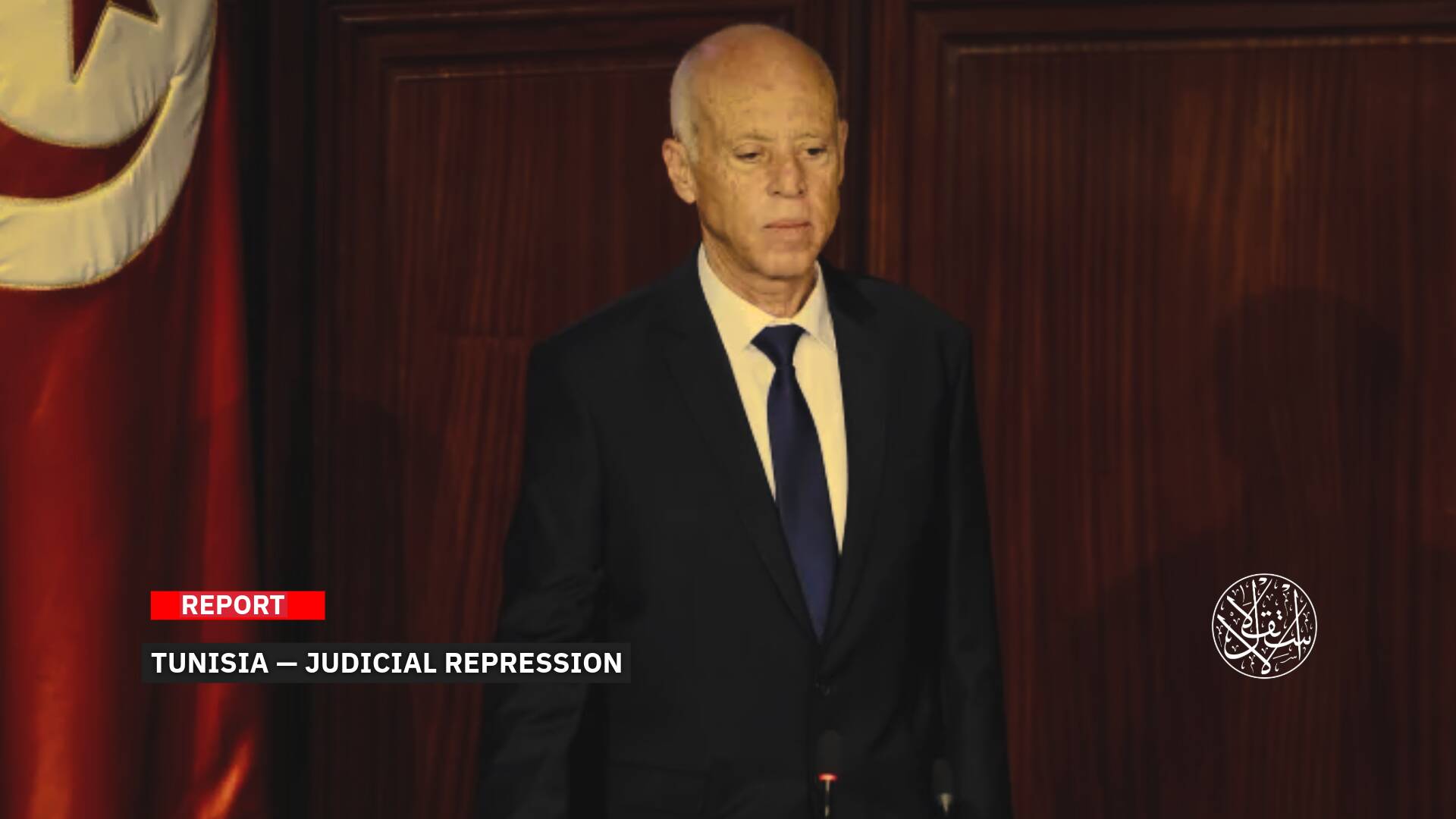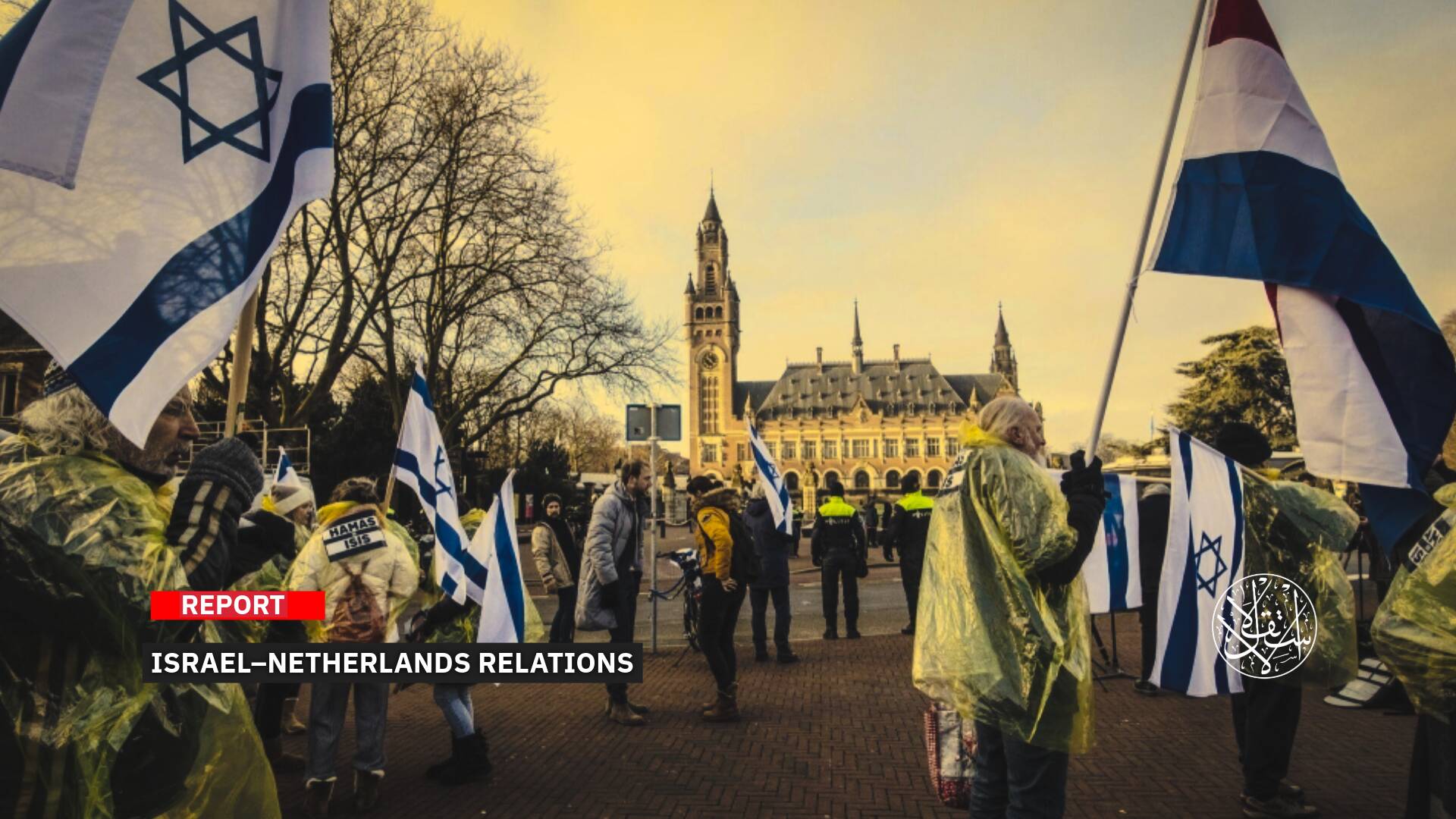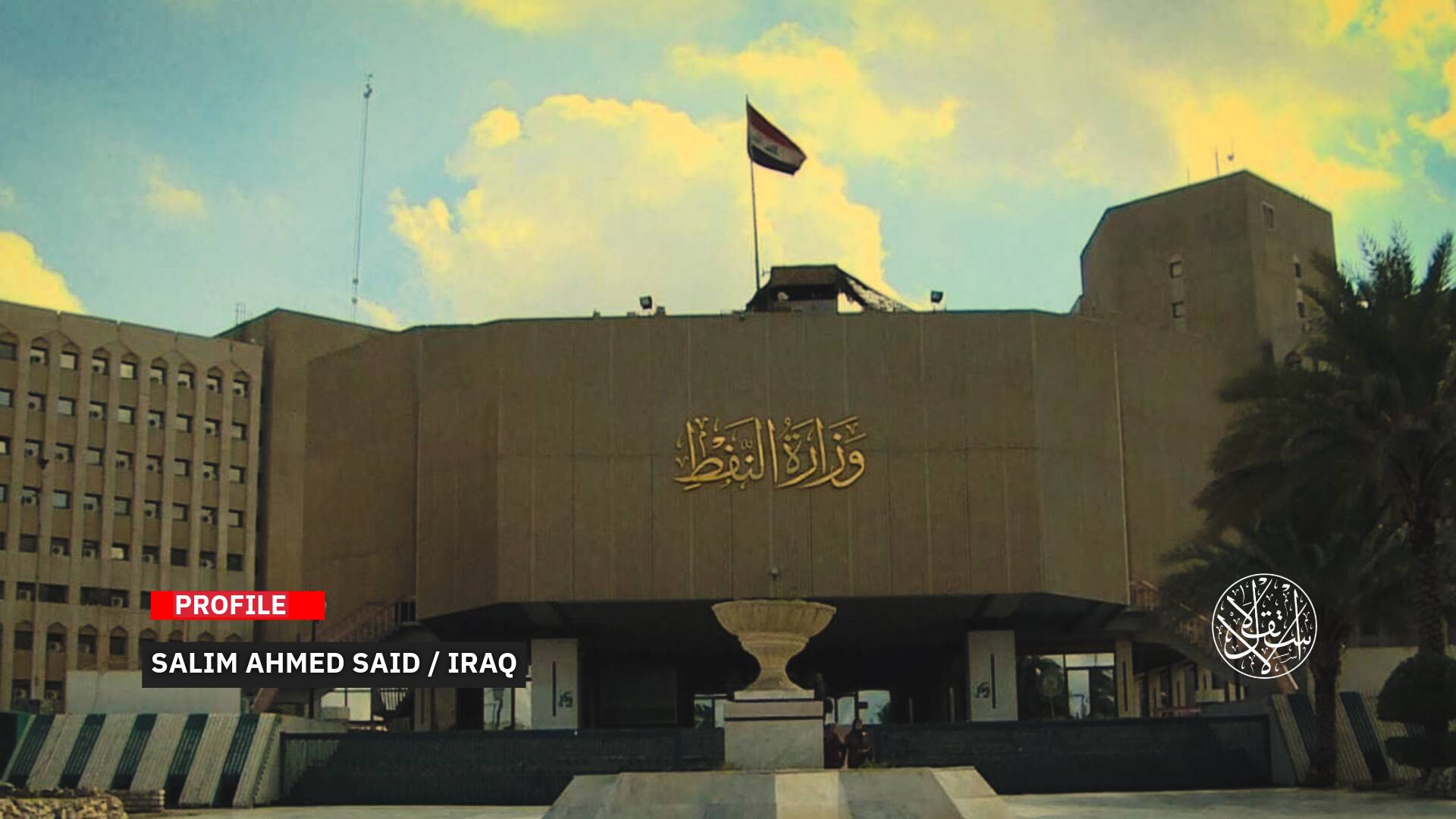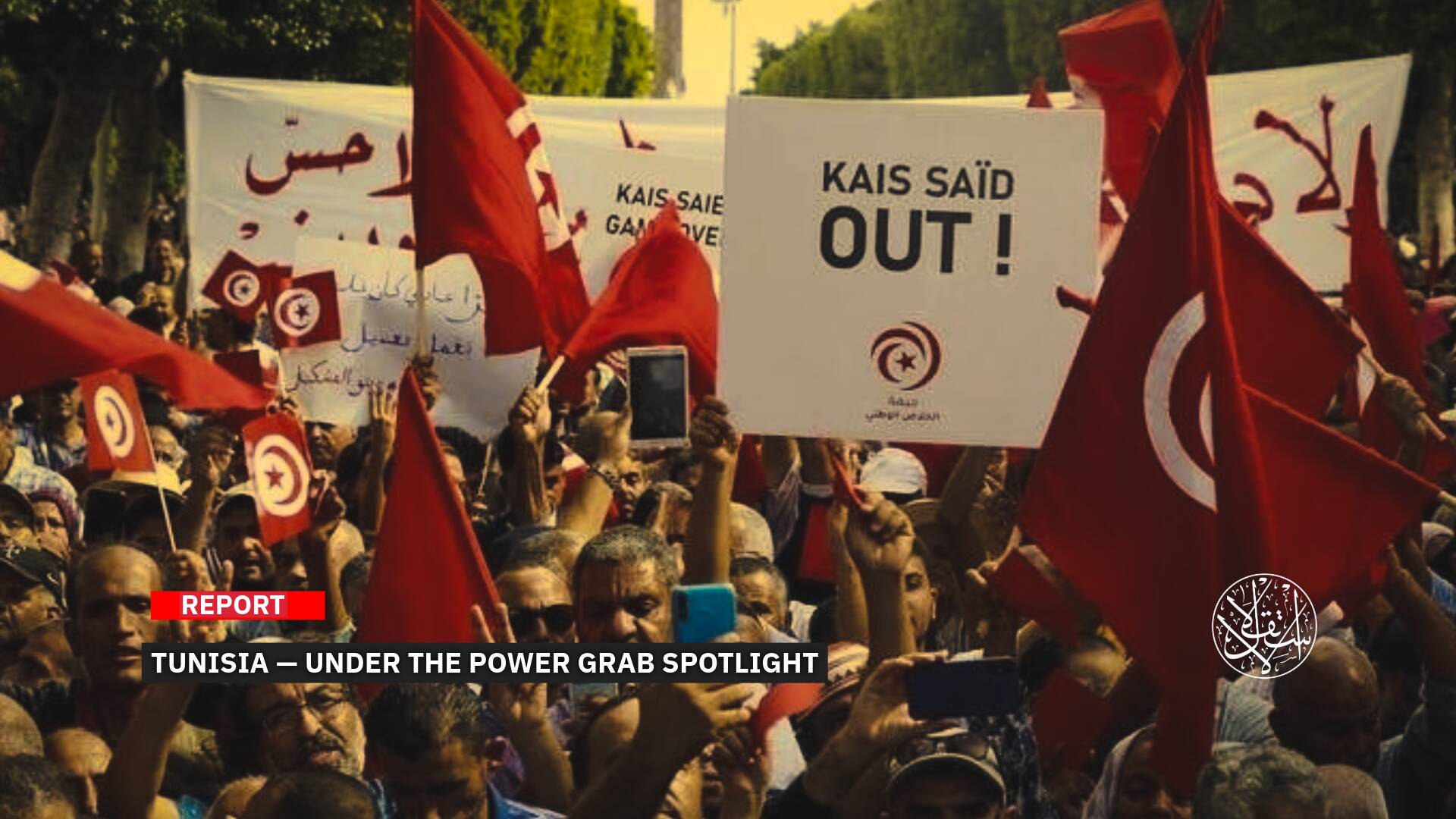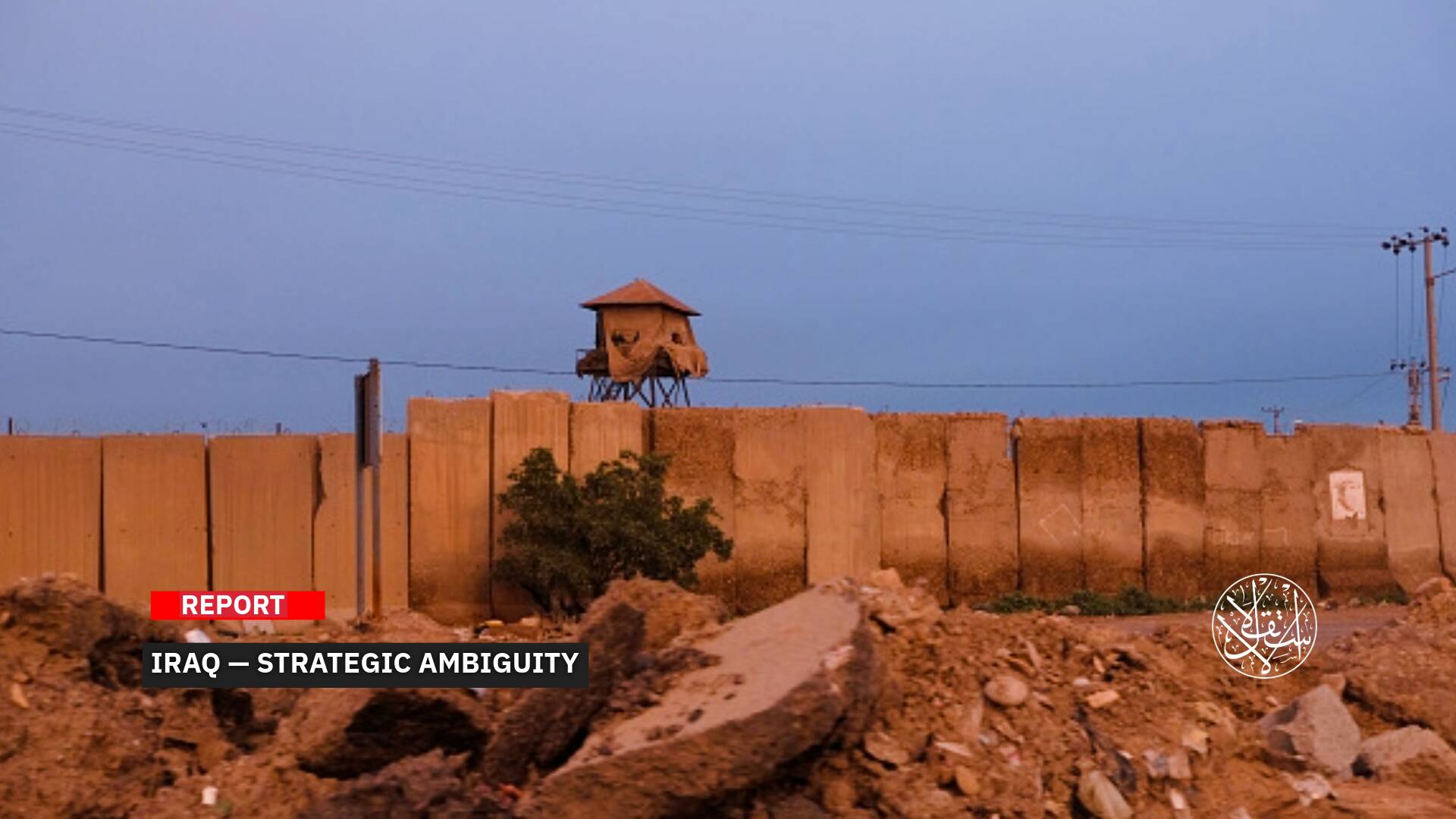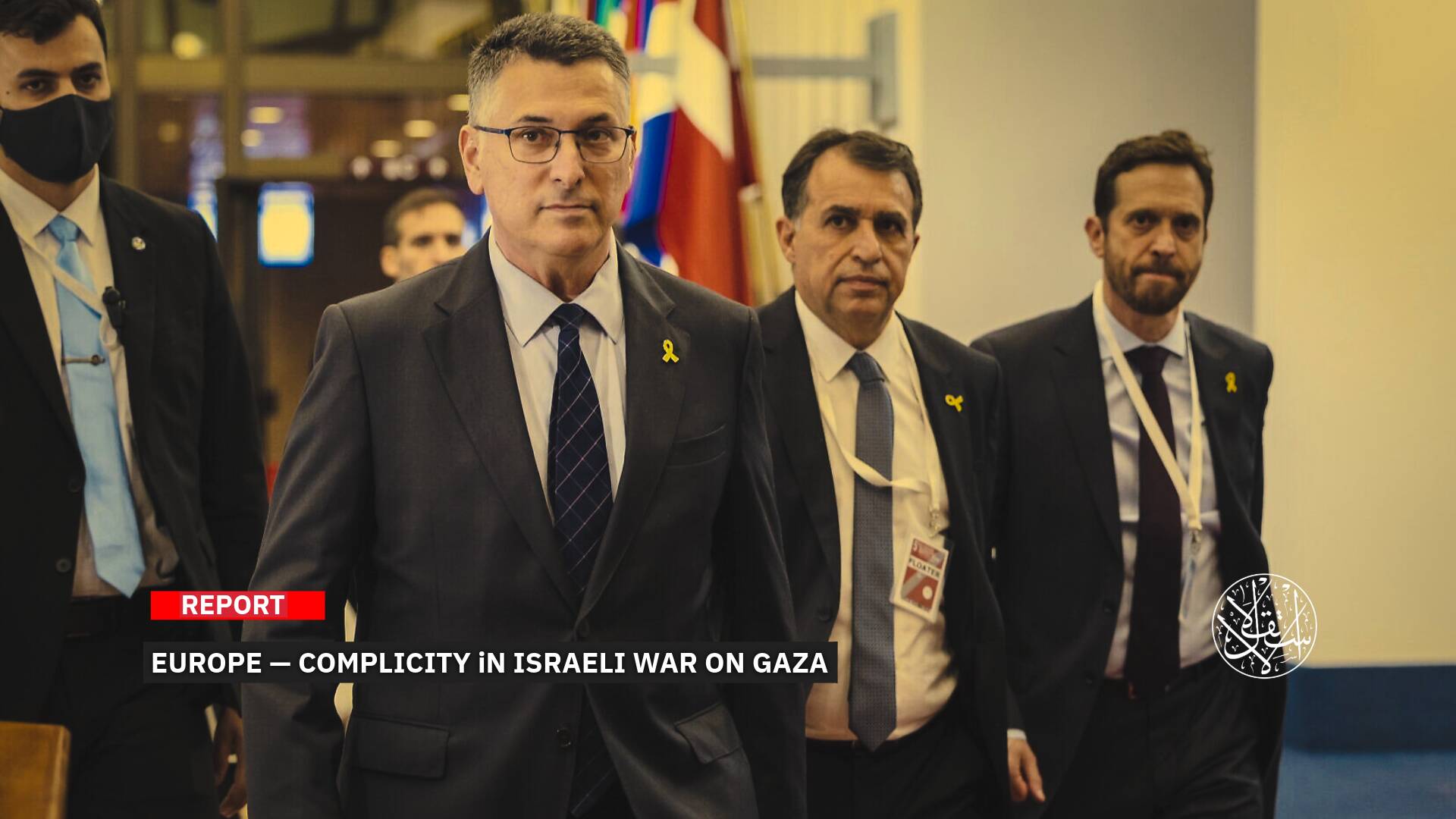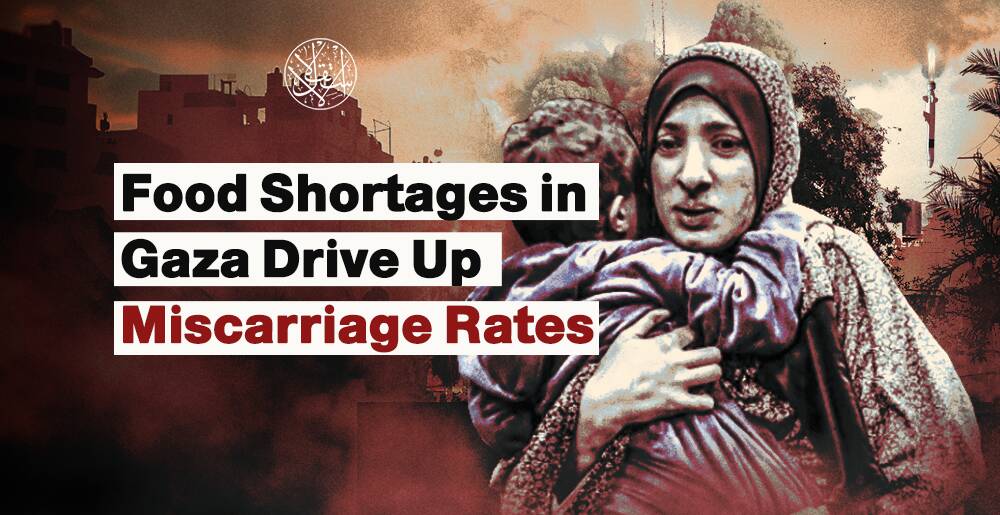What Is Behind Russia Recruiting Syrian Mercenaries to Fight in Ukraine?
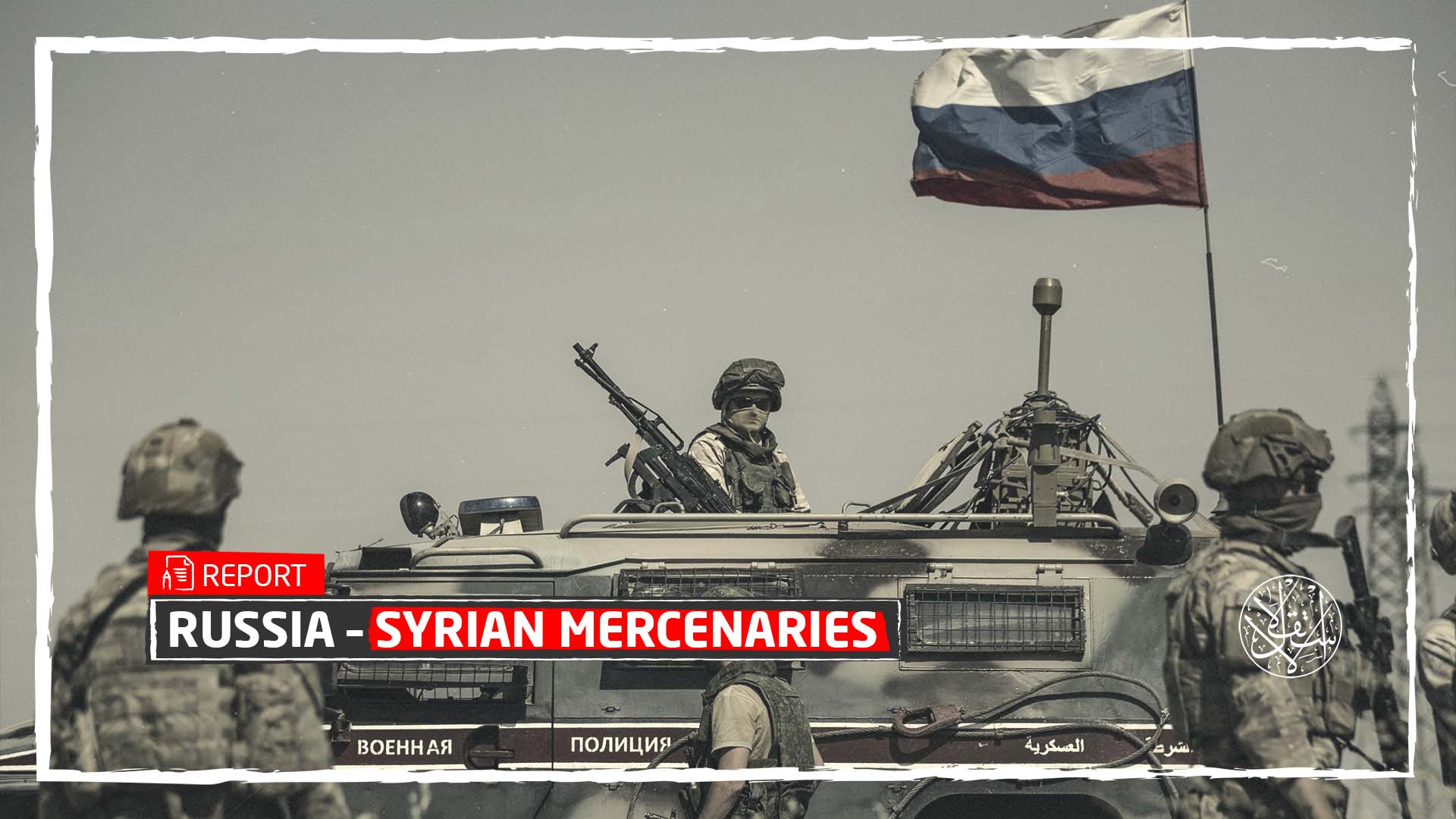
In recent years, Russia has been seeking for every military clash outside the border to mobilize Syrian mercenaries, in its interests, which is now repeated with the drumbeat of war at the border of its eastern neighbor Ukraine.
There are media reports that Russia is resorting to new recruitment of Syrian mercenaries to train them and transfer them to the province of Donbass, which is controlled by pro-Russian Ukrainian separatists.
Russia has moved more than 100,000 troops to its border with Ukraine in preparation for a possible invasion, in parallel with a mutual military build-up by the United States in Eastern Europe to repel any invasion of its ally Ukraine.
Observers said Russia is eliminating moral barriers in the fight against Ukrainian cousins, preventing the resentment of its people in the event of deaths and injuries, and eliminating militias that are not supportive of Bashar al-Assad by giving them priority in travel.
New Mercenaries
The local Daraa 24 network confirmed that Russia had recruited members of the 4th and 5th Corps it had formed to retrain them at the T-4 military air base in Homs countryside, as part of a plan to move these forces to the Donbass region to participate in the war in Ukraine.
In a report dated January 28, 2022, the network reported that one of the groups had already begun training since the third week of the month.
After the training, the groups would be sent to the city of Rostov on Don River in southern Russia, where they would lead the country's southern military region.
Russia plans to move these forces to the Donbass region to take part in the war in Ukraine, the network said.
The number of such troops in the first phase is estimated at 2,500 and could reach 4,000 at the next stage, under contracts, some of which include a monthly salary of $700 rising to $1,200 during combat.
"Russia believes that sending Arab fighters to Donbass in Ukraine will remove moral barriers from them, and they will not show hesitation in the battles they are fighting because they are ethnically and religiously different from them," Daraa 24 said.
Firas Tlass, son of former Syrian Defense Minister Mustafa Tlass, said the Wagner group's mercenaries, known as Putin's Secret Army, are currently recruiting Syrians to take them to Donbass province.

"Wagner has put a large number of Syrians on $300 salaries to travel to the Donbass region of Ukraine," Tlass said in a Facebook post on February 2, 2022.
"The issue of financing is very complex, in Ukraine, funding through the coal and iron mines in Donbass is very large," Tlass said.
"Putin will not enter Ukraine, but Wagner will enter the Donbass with funding from Russian businessmen and, of course, on the orders of the Kremlin master," he said.
Drums of War
Wagner's group is owned by Russian businessman Yevgeny Prigozhin, who is close to President Vladimir Putin, according to press reports.
Wagner is fighting for Russia's interests in many countries around the world, with Washington listing them on the sanctions list for Russian institutions in June 2017.
Wagner has been recruiting Syrian mercenaries for years with the direct support of the military security branch and local companies, the most famous of which is Al-Sayad.
It has also played a prominent role in helping Syrian regime forces regain control of opposition areas.
The specter of war looms in the Donbas region, where Russia justifies its invasion of Ukraine, under the pretext of "protecting Russian interests" in the territory, which has been under an exchange of fire between the Ukrainian army and pro-Russian Ukrainian groups for several years.
On February 2, 2022, as part of Washington's plan to strengthen the "deterrent and defensive stance" on NATO's eastern wing, the Pentagon confirmed President Joe Biden's agreement to send 3,000 troops to Eastern Europe.

At a time when 1,000 troops are being placed in Germany, they will be transferred to Romania to add to the 900 U.S. troops already there.
U.S. forces have also confirmed that some 2,000 troops will move from North Carolina to Poland and Germany, with the aim of "deterring Moscow from attacking Ukraine" and avoiding war in Eastern Europe.
Moscow demands written security guarantees from the United States and the West, including the non-annexation of Ukraine to NATO and the cessation of the alliance's eastward expansion, particularly to the former Soviet republics, one of which Ukraine is one of the most important.
Legal Evasion
In the face of these facts that Syrians are merely onlookers into, Russia insists on engaging combat groups in these open wars in the service of its agenda based on exploiting the political and security situation in Syria.
All this is done under the eye, supervision and facilitation of the Syrian regime, which allows them to move from their towns to their last assembly point at the Khmeimim Russian air base in Latakia countryside in preparation for their transfer abroad.
They must obtain security approvals from Bashar al-Assad's military intelligence service to travel outside Syria, secured by recruitment security companies with provincial offices to attract young people.
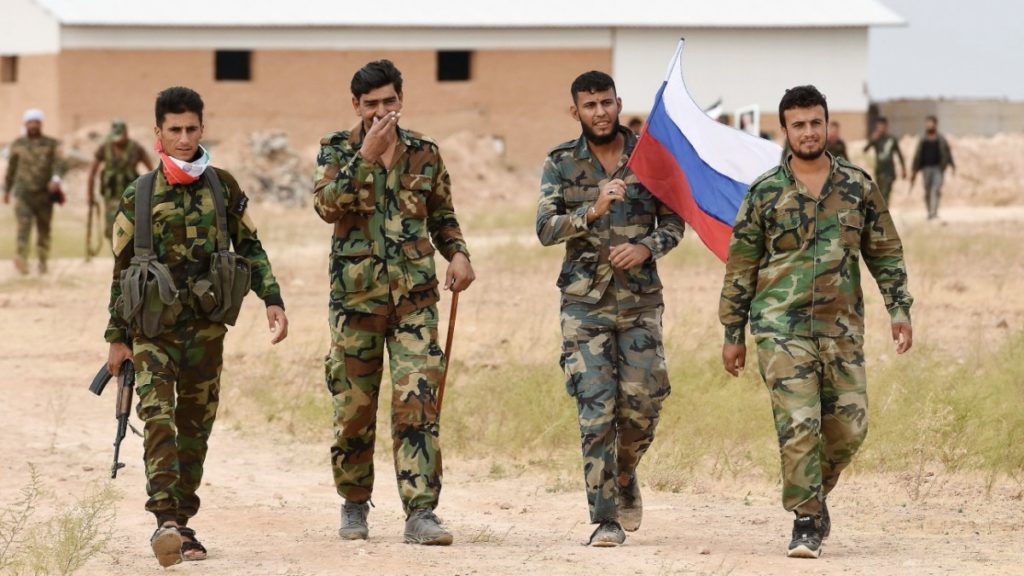
Five years ago, Russia succeeded in sending Syrian mercenaries to Libya, Azerbaijan, Armenia and Venezuela, and is currently Ukraine's new destination.
The involvement of these mercenaries in security operations abroad on behalf of Russian government forces amounts to "war crimes", which Syrian military expert Colonel Ahmed al-Hammadi considered as part of the evasion of legal responsibility arising from these operations.
"Russia recruited elements for Wagner and sent them to Libya and Venezuela, which is why Moscow benefits from Russian law that does not allow the use of Russian troops outside the country," he explained to Al-Estiklal.
"For Russia, it is easy to use recruits who are not Russian nationals or outside the staff of the Russian armed forces, so that it achieves its purposes and does not arouse the displeasure of the people from the deaths and injuries within the regular forces."
Russia has a long history of military recruitment from the former Soviet Republics, but recruitment in Syria, which began with military intervention at the end of September 2015, has appeared organized and through ready-made programs similar to the recruitment of mercenaries from Russia, Ukraine or Belarus.


